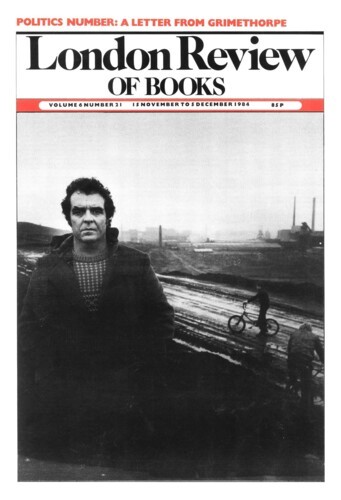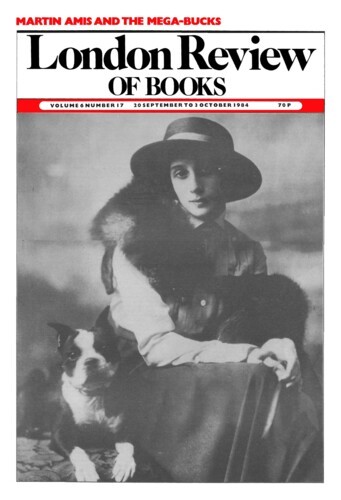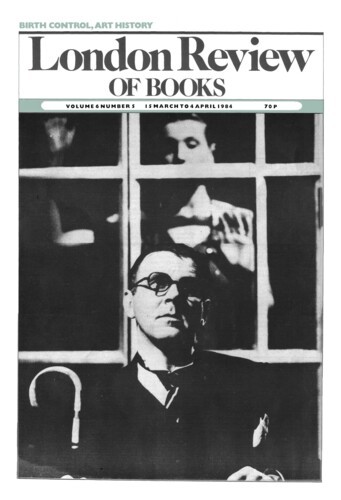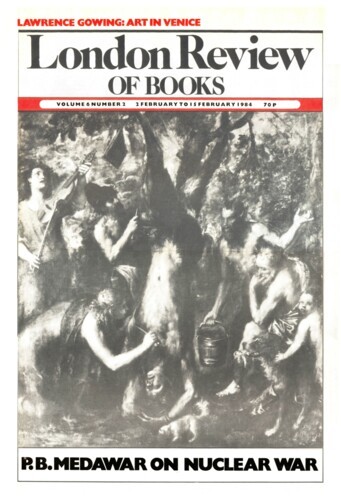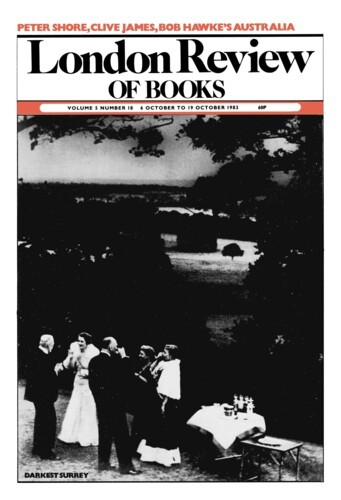Diary: A Hoax within a Hoax
Ian Hamilton, 15 November 1984
Years ago, when I was serving as an anonymous hack on the Times Literary Supplement, one of my duties was to pen sprightly paragraphs for a weekly books column. The idea was to mop up publications which were not considered worth full-scale reviews but which nonetheless had to be ‘covered’ by a journal of record such as ours. Things like: A Dictionary of Spy Writers or The Balladeers’ Handbook or Henry Williamson: My Friend. Usually, there was a brisk supply of such material and it was easy enough to knock out the required eight or nine paragraphs per week.
